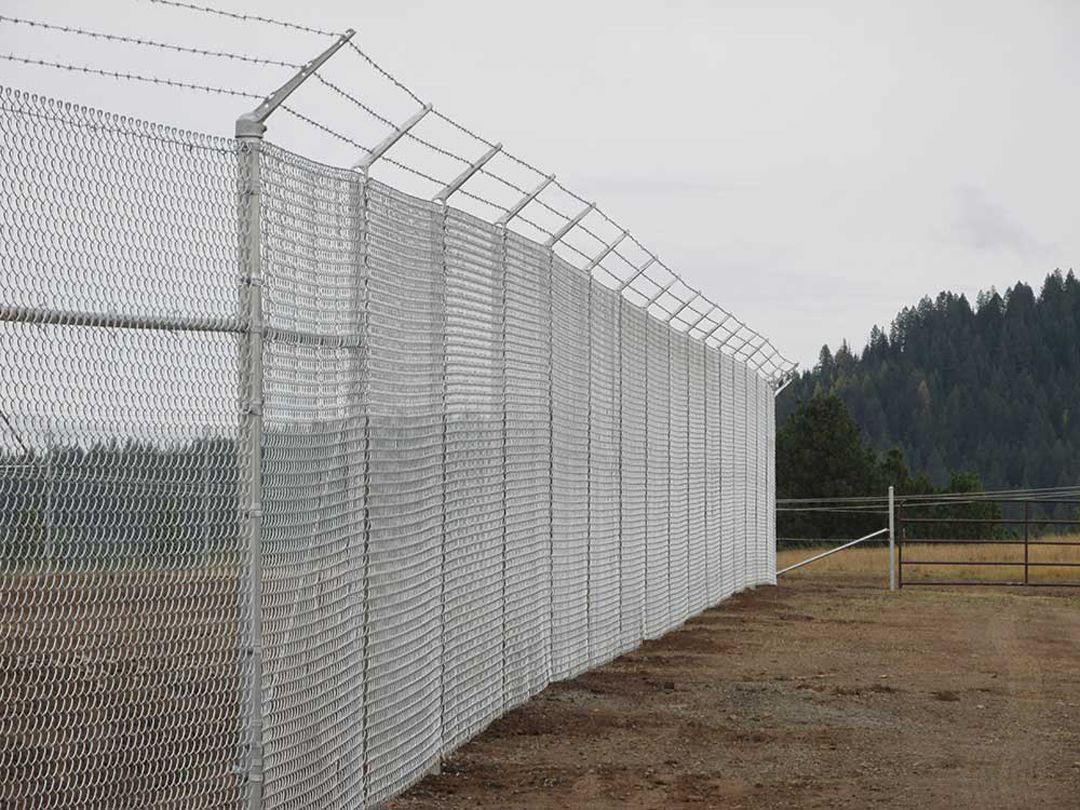Understanding Vinyl and Wood Fencing
When choosing a fence for your property, vinyl and wood are the two most popular options. Each comes with distinct benefits and limitations, making it important to weigh your priorities, aesthetic desires, and budget.
We’ll guide you through the essential aspects of vinyl and wood fences to help you choose the material that best suits your home.

Pros and Cons of Vinyl Fences
- Durability: Vinyl fences are highly resistant to weather, pests, and rot, making them a long-lasting choice.
- Low Maintenance: With no need for painting or staining, vinyl requires minimal upkeep—just the occasional wash.
- Cost: While the upfront cost can be higher, the long-term savings on maintenance make vinyl a cost-effective option over time.
- Drawback: Vinyl fences offer fewer color and style options, which might limit customization to match your home’s aesthetic.
Is a Wood Fence the Right Choice for You?
- Aesthetic Appeal: The natural, rustic look of wood fences can be enhanced with various paint, stain, or finish options to suit any style.
- Cost: Typically, wood fences are less expensive upfront compared to vinyl.
- Maintenance: To keep wood fences in good condition, you must regularly paint, stain, and repair them to avoid issues like rot and pest damage.
- Lifespan: While wood fences can last many years, they often have a shorter lifespan compared to vinyl, especially in harsh climates.
Comparing Costs: Vinyl vs. Wood
The initial cost of a vinyl fence is often higher than that of a wood fence. However, vinyl’s low maintenance requirements can save you money in the long run. Wood fences, while cheaper to install, may require frequent upkeep, which can add up over time.
If you’re planning for a long-term investment, vinyl may be the better value. For short-term needs or projects with a tight budget, wood can be a more economical choice.
Environmental Impact of Vinyl vs. Wood Fences
Wood is a renewable resource, making wood fences more eco-friendly, although chemical treatments can lessen their environmental benefits. Vinyl is not biodegradable but offers a long lifespan, reducing its environmental footprint over time.
You can also make a more environmentally conscious decision by opting for sustainably sourced wood or recycled vinyl.
